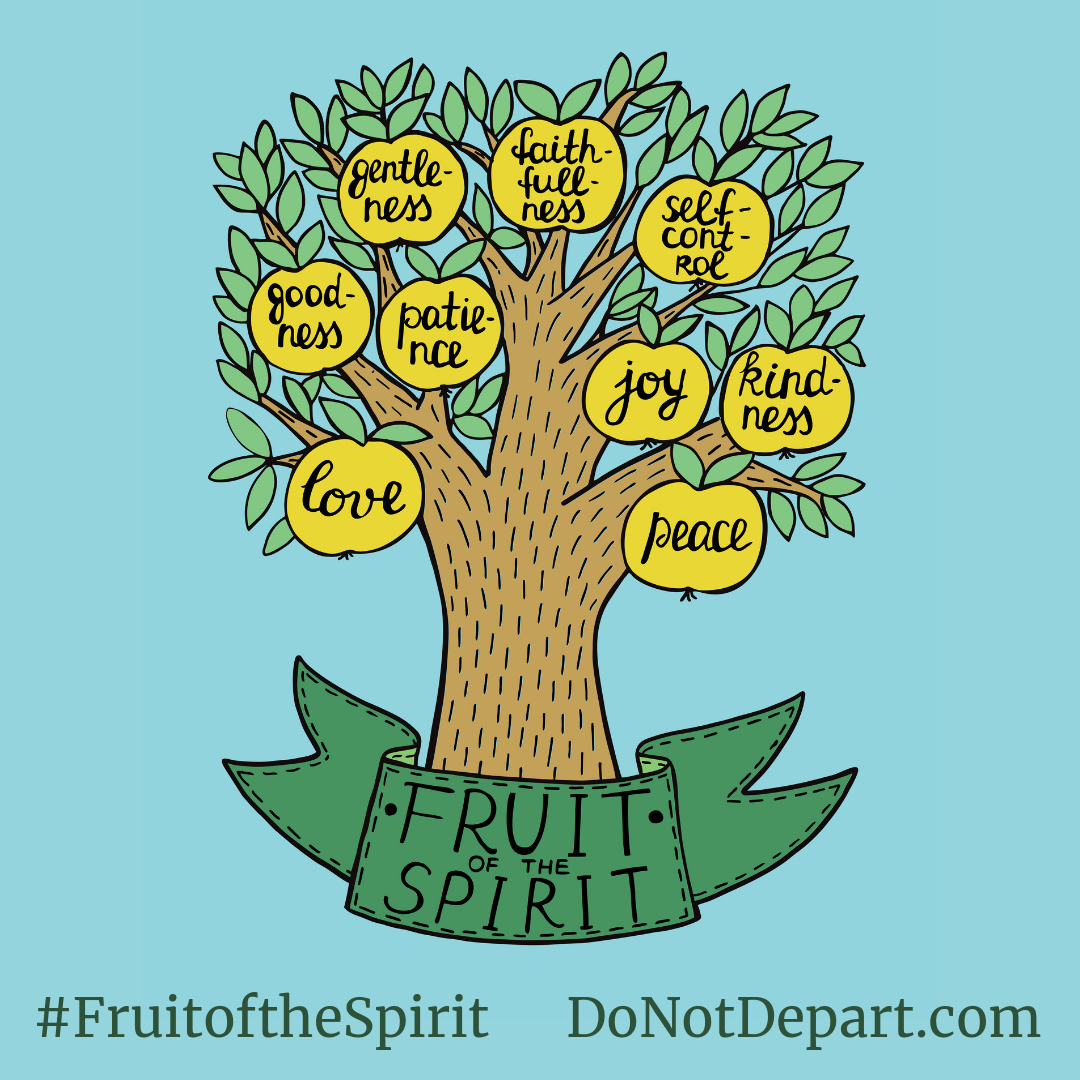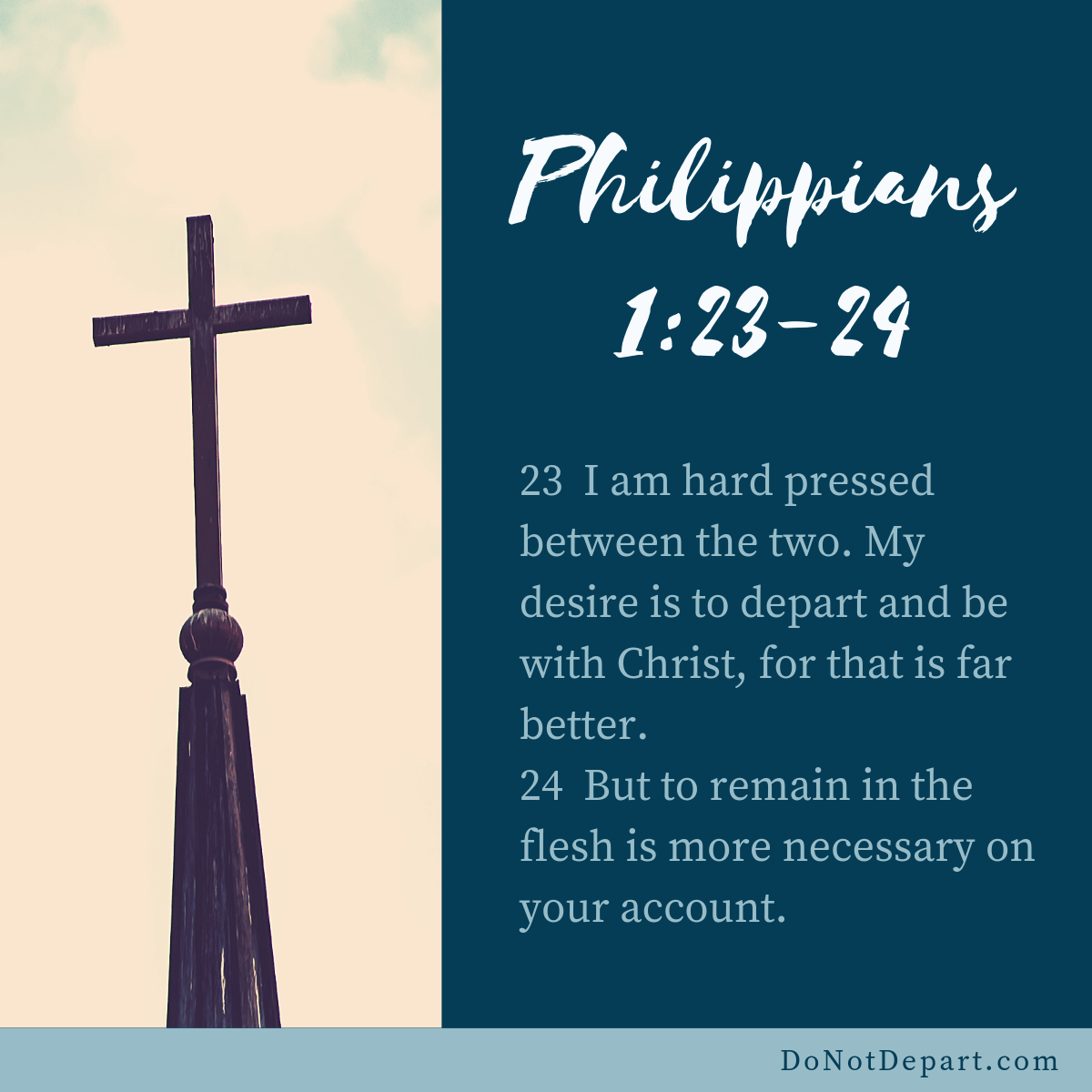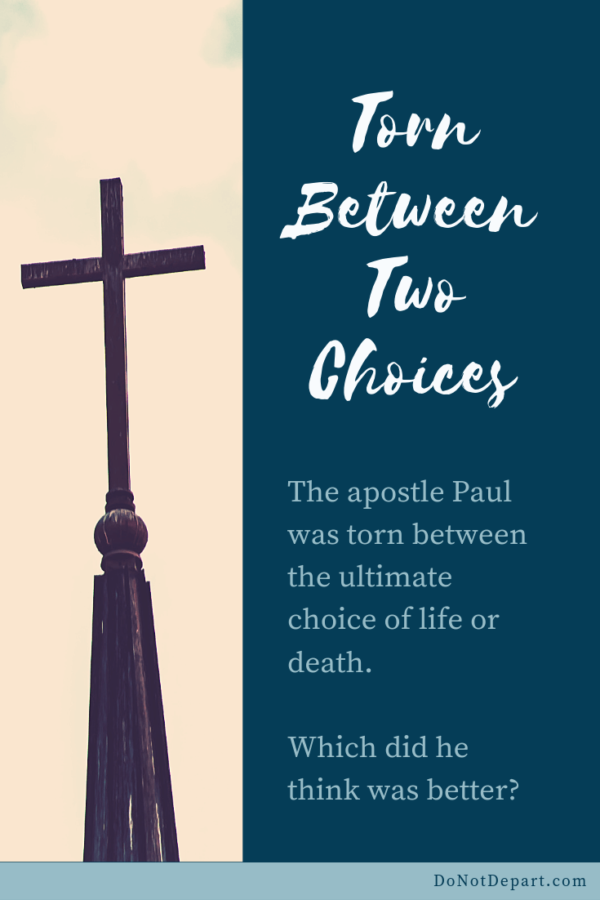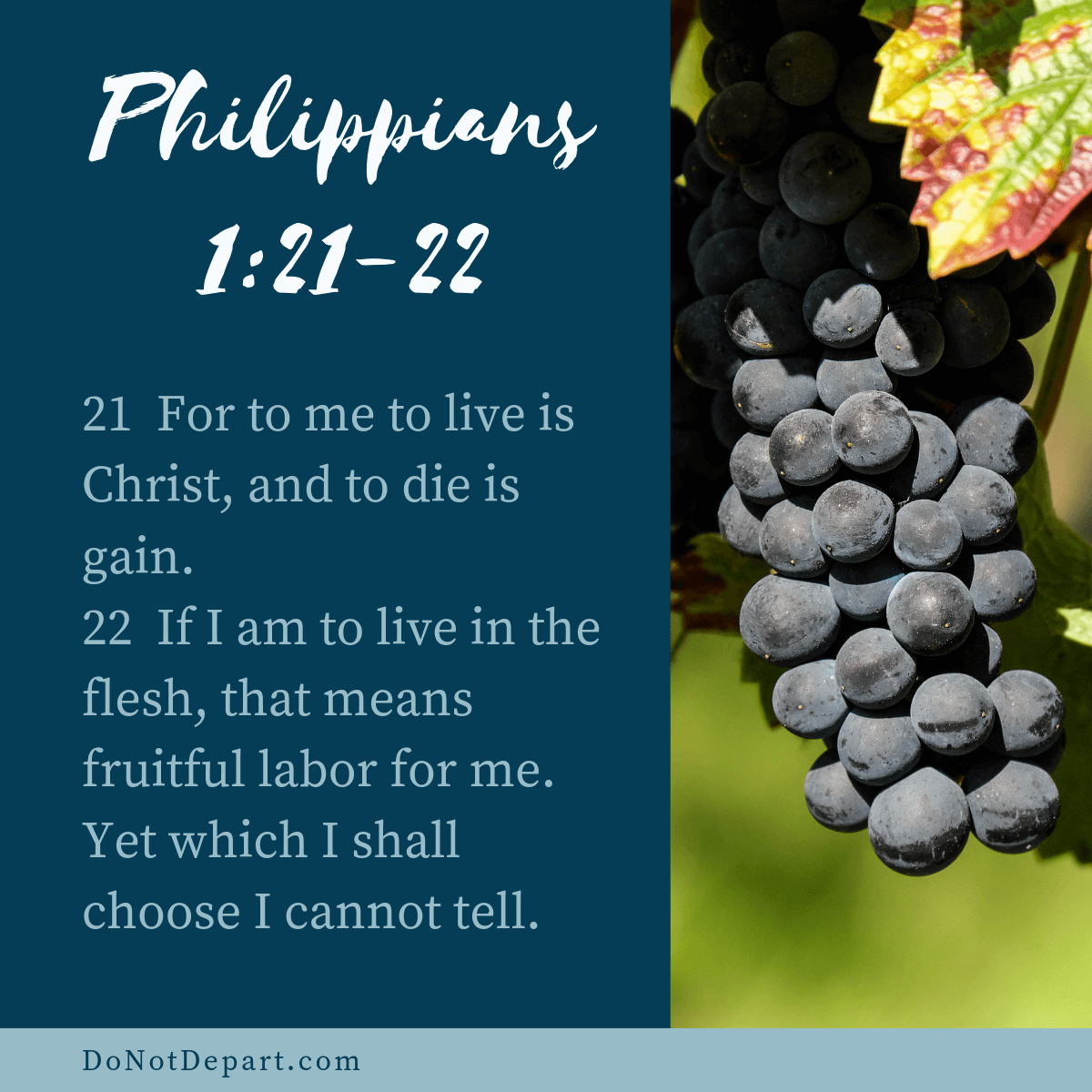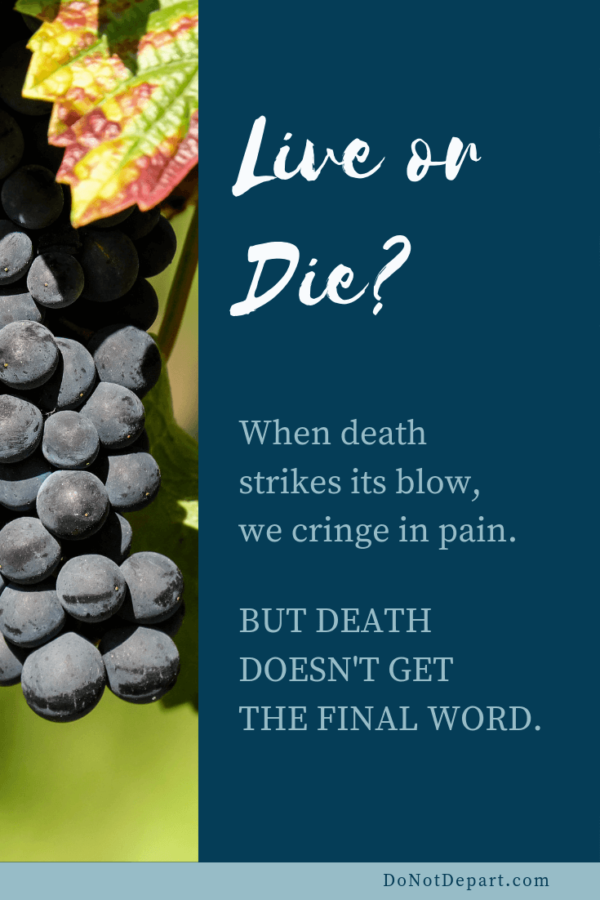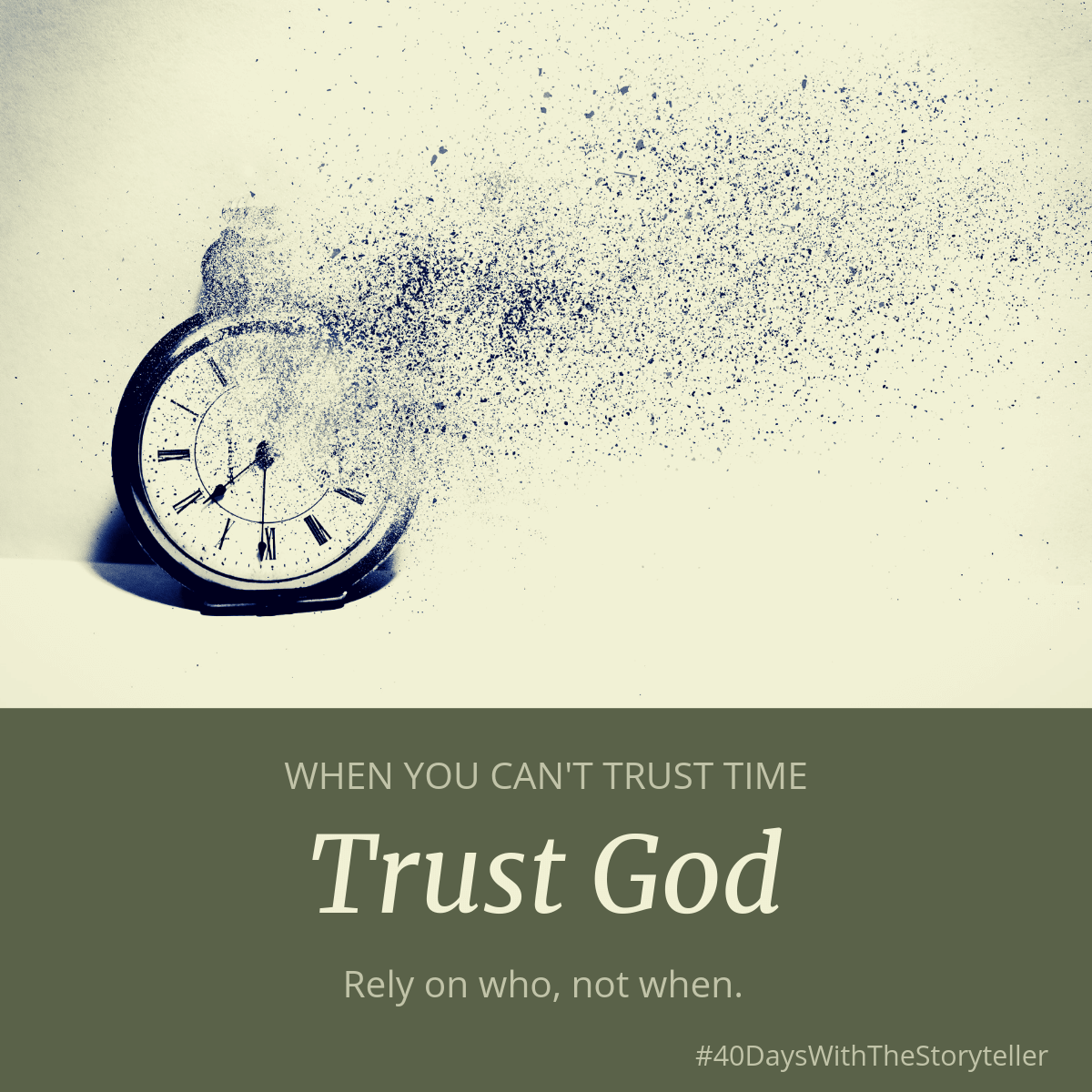This month on DoNotDepart, we’re looking at the characteristics of the Fruit of the Spirit. Today’s post is about love.
What is Love?
We’ve written about love a lot here on DoNotDepart. Just type in “love” in the searchbar on our homepage and scroll through.
I like this definition from Patti on love from this post:
“…from a Christian worldview, love is not a feeling, it is a choice lived out in action.
In order to love in Jesus’ way, we have to understand His true definition of love. When we look at the truth given to us in Scripture, and modeled by Him in His earthly ministry, it is clear that love means serving.”
The Greek word used in the New Testament in agape. It has a different meaning than what our culture equates love with nowadays. Patti wrote about it right here. I really recommend reading that post if you have time! If not, here’s the bones:
“Agapé love is not based on merit or emotion. Agapé is a choice; a choice that God made when we least deserved it, and a choice that He asks you and I to make every day.”
Do you see that word, choice? It really stands out to me! God commands me to show love, but I have to make the choice to obey. When I do, I enjoy the benefit of a better relationship with those I’m loving, and the Father I’m obeying.
Who Should We Love
So, who should we love? Kelli answered this question while looking at 1 John 3:11-18 and 1 John 4:7-11. She tells us that there is no denying the fact that we are supposed to love our brothers.
And this commandment we have from Him: that he who loves God must love his brother also. (1 John 4:21)
And Jesus himself gave both this command and this answer to the lawyer who tested Him:
A new command I give you: Love one another. As I have loved you, so you must love one another. By this all men will know that you are my disciples, if you love one another. (John 13:35)
And he answered, “You shall love the Lord your God with all your heart and with all your soul and with all your strength and with all your mind, and your neighbor as yourself.” (Luke 10:27)
In that second verse, Jesus was quoting Levitical law. If you read Leviticus 19:18 you’ll see the original, and if you follow down to Leviticus 19:33-34, you’ll see this:
When a stranger sojourns with you in your land, you shall not do him wrong. You shall treat the stranger who sojourns with you as the native among you, and you shall love him as yourself, for you were strangers in the land of Egypt: I am the Lord your God. (Leviticus 19:33-34)
In other words, the command to love others meant to love all others. This is also what Jesus taught in the Parable of the Good Samaritan when he was asked, “But who is my neighbor?” (Luke 10:29) The answer is: Everyone.
Clarke’s Commentary says,
our Lord shows here, that the acts of kindness which a man is bound to perform to his neighbor when in distress, he should perform to any person, of whatever nation, religion, or kindred, whom he finds in necessity.
Where Do We Get Godly Love?
I think each one of us could say that we don’t always feel like loving others.
Sometimes I give love easily, but not always. Sometimes I put my wants or feelings first, or I feel too tired to do yet another thing for someone else. Or I feel grouchy and like the other person doesn’t even deserve my efforts.
How wrong of me! If I follow only my feelings, those same feelings that lead me to loving well can lead me into not loving at all. Instead of following only feelings, I need to choose to follow God.
Despite unpredictable feelings, I can tell you this: the Spirit gives us nudges to be loving. Yes, even when I don’t feel like loving, I know I should because of His reminders. I just have to listen and obey. Like Patti said, it’s a choice!
Whether we don’t feel like giving love or we are loving someone difficult, we can pray and ask God to guide and empower us. He is faithful! I firmly believe He will answer that prayer and give us opportunities to love better and offer His wise counsel to help us.
How to Love Better
My grandson is an active toddler. He runs with excitement, but if he’s tired or distracted, he trips over his sweet, busy feet and falls.
Sometimes we fall or fail, too, but we must pick ourselves up and go again.
In the introduction to this series, Patti wrote:
The remarkable blessing of belonging to [Jesus] is that the closer we stick to Him, the more deeply we abide in Him, the more He makes these things true of us.
As a Vine-abider (see John 15:1-17), I want to allow Him to work sanctification in me. I want to stay firmly attached to Him and bear fruit for His glory!
The characteristic of love is a fruit of the Spirit that I want to bear well. I desire to love others better, so here are some questions that I’m asking myself. I hope they help you, too.
- Am I being an example of God’s love to those around me? (1 Corinthians 13:4-7)
- Am I sharing Jesus with others? (Matthew 28:19)
- Am I counting others as more significant than myself? (Phil 2:3-7)
- Am I seeing others the way God does? (2 Corinthians 5:14-21)
- Am I “washing feet?” (John 13:1-17)
- Am I seeking opportunities to love actively? (Not just emotionally?) (Luke 11:28, Matthew 25:35-40)
- Am I apologizing sincerely when I mess up? (Matthew 5:23-24)
I’m praying that Jesus can say of both you and I that,
…everyone will know that you are my disciples, if you love one another. (John 13:35)
Who can you love today? What makes loving others easy for you? What makes it hard? Pray for the help and guidance of the Holy Spirit. Make the choice today to obey His nudges.
Read More:
We wrote an entire series about loving others. Check it out here!
Wondering what agape love really is? Find out here.
Want to teach your kids to love? Read how to Teach Kids to Be Missionally Minded.


